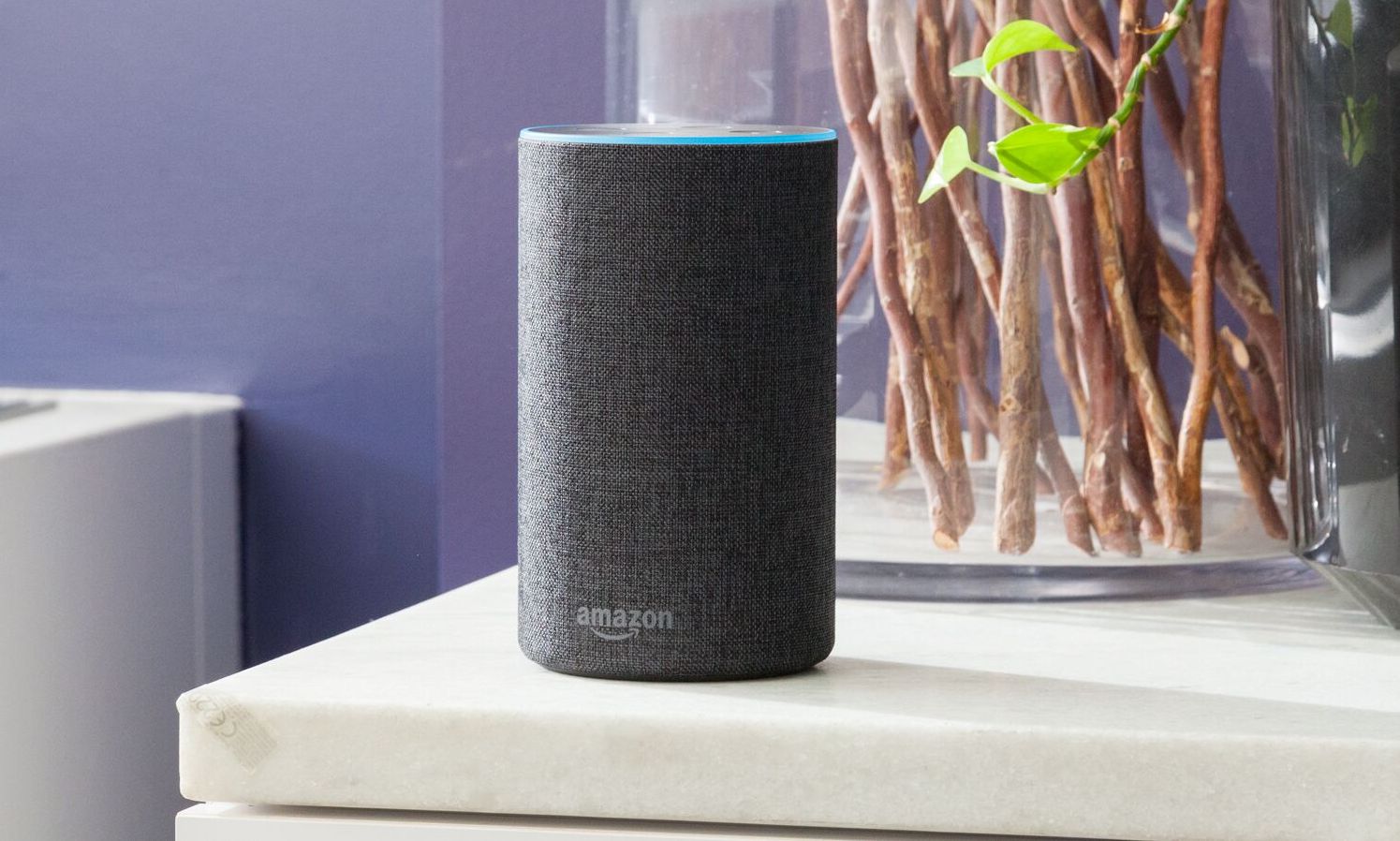Thousands of Amazon Employees Are Listening to Alexa Recordings (Report)
An international team of Amazon employees transcribe random user recordings in order to teach Alexa.
Update 9:31 am ET: We've published a step-by-step guide for how to stop Amazon from listening to your Alexa recordings.
Anyone using a digital assistant like Amazon Alexa or Google Assistant should be aware that their voice data isn’t necessarily just between you and your virtual helper.

A group of Amazon employees, speaking to Bloomberg, revealed that thousands of people around the world listen to recordings of Alexa users in order to transcribe them and use them to improve Alexa’s voice recognition algorithm.
According to these anonymous employees, the individuals who undertake this work are a mix of full-time and contracted personnel, working from multiple locations including Boston, India, Costa Rica and Romania.
The recordings are partially anonymized. They don’t include a user’s full name and address, but will be identifiable by their account number, first name, and the serial number of the Alexa-enabled device they’re using.
The transcribing process serves several purposes. It can be used to analyze how effective Alexa’s response was, and how accurately its automatic transcription understood a command. It can also be used to give additional guidance when Alexa records ambiguous commands - for example, annotating the phrase ‘Taylor Swift’ to tell the algorithm the user most likely meant the musician, and to give relevant results.
MORE: The One Alexa Feature You Need to Turn Off
Sign up to get the BEST of Tom's Guide direct to your inbox.
Get instant access to breaking news, the hottest reviews, great deals and helpful tips.
The Amazon employees also said that they sometimes hear what are clearly private conversations, including names and bank details, which they must mark as ‘critical data’ and then stop using.
However, it was also explained that staff sometimes share files using internal chat rooms. This can be of help with tricky phrases, to cope with hearing distressing material, or to share amusing recordings.
Each person listens to around 1,000 recordings a day across nine-hour shifts, according to two of the people interviewed. Approximately 100 of these are accidental, another of the sources estimated.
In a statement to Bloomberg, Amazon said: “We take the security and privacy of our customers’ personal information seriously.
“We only annotate an extremely small sample of Alexa voice recordings in order [to] improve the customer experience.
“We have strict technical and operational safeguards, and have a zero tolerance policy for the abuse of our system. Employees do not have direct access to information that can identify the person or account as part of this workflow. All information is treated with high confidentiality and we use multi-factor authentication to restrict access, service encryption and audits of our control environment to protect it.”
According to the Bloomberg article, within Alexa’s security settings there is an option you can select that will disable the use of your voice recordings for ‘the development of new features’. Whether this will stop your recordings being sent to the transcribers is uncertain. The wording is a little vague, but it could be worth trying if you’re unwilling to let Amazon use your commands to improve Alexa.
Alexa is a clever piece of technology, but it’s important to remember that the software that powers it doesn’t train itself.

Richard is based in London, covering news, reviews and how-tos for phones, tablets, gaming, and whatever else people need advice on. Following on from his MA in Magazine Journalism at the University of Sheffield, he's also written for WIRED U.K., The Register and Creative Bloq. When not at work, he's likely thinking about how to brew the perfect cup of specialty coffee.
